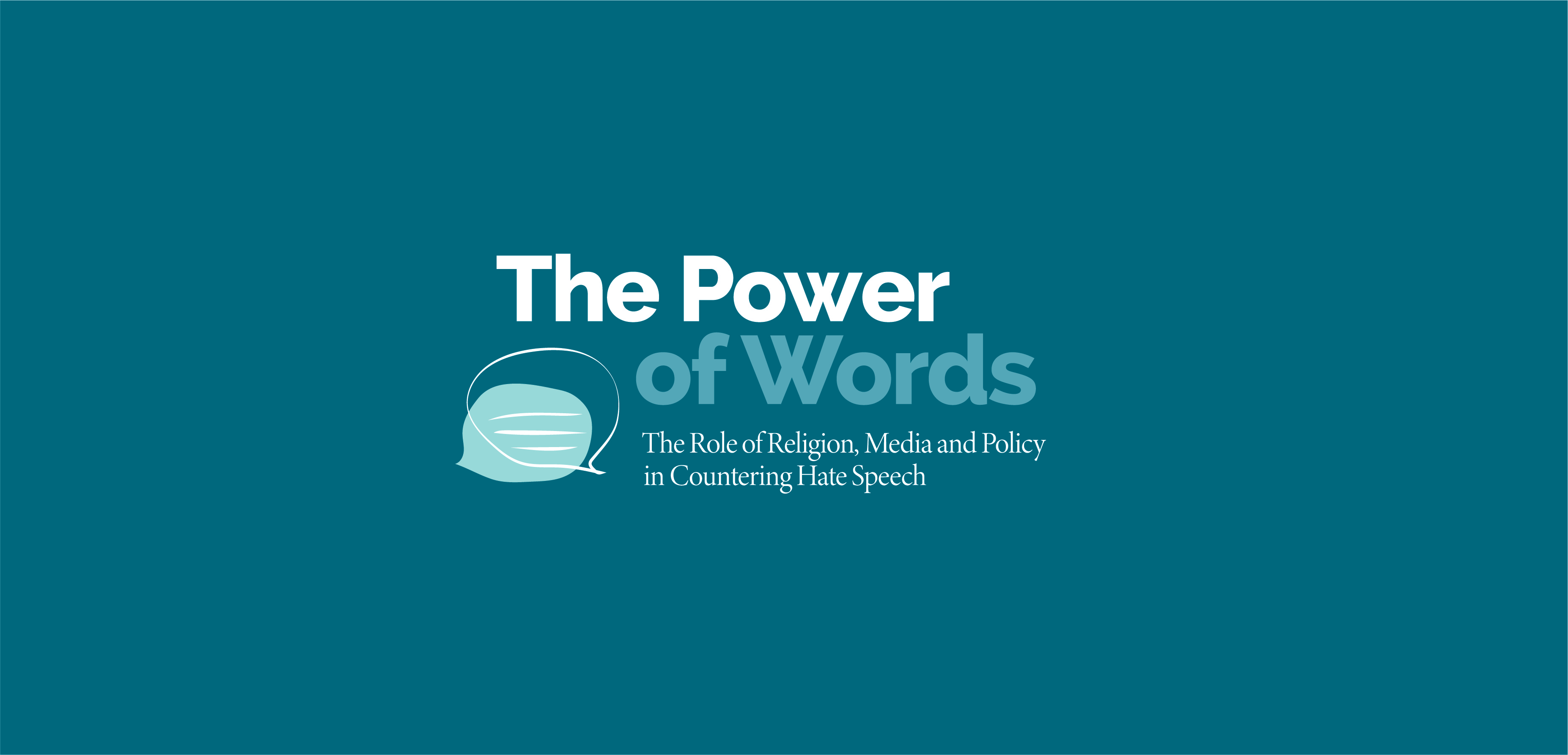Fischer, Dieng to Speak at KAICIID Conference on Hate Speech
1st European Policy Dialogue Forum on Refugees and Migrants held in Athens
The Power of Words: The Role of Religion, Media and Policy in Countering Hate Speech

More than 200 religious leaders, policymakers, and media experts came to Vienna last month to discuss hate speech and how we as the international community can work alongside our friends in media, government, and religious communities to fight hate speech. Our conference, The Power of Words: The Role of Religion, Media and Policy in Countering Hate Speech resulted in a series of recommendations that will guide our programmes throughout 2020, and will serve as a guideline for international organizations, faith-based organizations, policymakers and religious leaders.
In Promoting collaboration and international networking, we should:
- Encourage religious leaders and media to partner in countering hate speech;
- Document and share best practices including historical accounts of efforts and initiatives in countering hate speech;
- Design programmes for youth that promote common values in collaboration with the United Nations;
- Establish an interfaith social media presence to ensure religiously diverse role models;
- Launch an award programme to encourage organisations and individuals who work against hate speech;
Build capacity for identifying and countering hate speech through:
- Trainings for Religious Leaders and journalists on responding to hate speech on social media;
- Social media training for young people to empower them to share positive messages and tackle hate speech;
- Dialogue practitioners, religious leaders and faith-based organizations should:
- Advocate for rules, regulations and legal measures that prevent discrimination against the OSCE’s nine identified vulnerable groups and to ensure equal citizenship for all, regardless of their faith;
- Reach out to decision makers on policy level and encourage and enable policymakers to adopt relevant laws to counter hate speech and legislation to ensure balance between freedom of expression and hate speech;
- Support governments in producing guidelines for curricula on common citizenship values and ethics;
And create knowledge and increase connectivity through:
- Researching, documenting and monitoring statistics on hate speech incidents;
- Mapping existing initiatives that counter hate speech on international and regional level to maximise efforts and resources;
- Developing a code of ethics for journalists and social media personalities to prevent/counter hate speech;
- Implementing reflective learning practices in formal and non-formal education;
- And creating a platform and global institution for exchanging ideas on moderation and dialogue and work together to define hate speech;
View the conference photos here